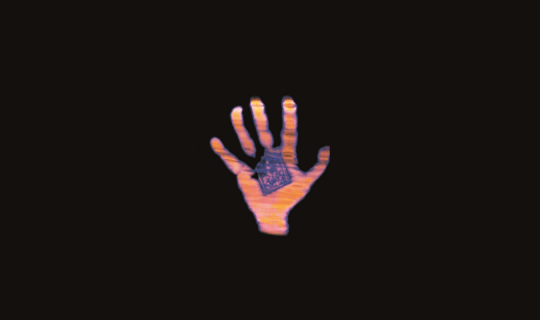About Dark Horse Records
26 August 2015
The year 1976 marked the end of George Harrison’s recording contract with EMI (Parlophone). It was first negotiated for the Beatles as a group by Brian Epstein in 1962 and renewed in 1967 with additional rights as solo artists.
Over a span of 14 years, thirteen original Beatle albums, ten compilations and six solo albums were released. George looked forward to a change with such anticipation that in 1974 he created his own label. Although it would be two years before his contractual obligations were fulfilled, Dark Horse Records was ready for George’s arrival.
The Dark Horse label was distributed initially by Herb Alpert and Jerry Moss’s A&M Records, situated on the old Charlie Chaplin studios on La Brea Avenue in Hollywood. In October 1974, I was there to welcome George to his new office. We shared the ground floor of a two-storey bungalow with Lou Adler’s Ode Records. Having worked at A&M for the previous two years I knew how much prestige George would bring to any record company. Not only had he been in the Beatles, but George’s 1971 album, All Things Must Pass, was the first number one solo album after the break-up of the band; the Concert for Bangladesh and Living In The Material World were still fresh in our minds and George was held in high esteem by us all.
George spent a good deal of time at the Dark Horse office while recording his own album, Extra Texture, in A&M studios. Over two years, eight albums were released by artists on his label. Ravi Shankar, the band Attitudes (with friend Jim Keltner), the duo Splinter from South Shields (produced by George), R&B vocal group The Stairsteps, ex-Joe Cocker guitarist Henry McCullough and a California band named Jiva made up the Dark Horse roster.
By the time George came to release Thirty Three & 1/3 — his first album for the label, Dark Horse had moved to Warner Bros. in Burbank. Mo Ostin had stepped in to sign George for what would be the remainder of his solo music career, as well as two albums with The Traveling Wilburys. George enjoyed the Warner family, even recruiting Warner Bros. staff for the video of ‘This Song’ from Thirty Three & 1/3 and he remained close friends with Mo Ostin for the rest of his life.
George recorded six Dark Horse albums from 1976 to 1992. They contained songs written while he was in the Beatles (‘See Yourself’ and ‘Not Guilty’) right up to ‘Cheer Down,’ written at the request of Dick Donner, the director of Lethal Weapon 2. Some of George’s songs were featured in movies made by his company Handmade Films, including, ‘Shanghai Surprise’ from the much talked about but little seen Sean Penn and Madonna movie and ‘Dream Away’ from Terry Gilliam’s Time Bandits.
Listening to the albums in chronological order, George’s evolution as a songwriter, guitarist and seeker are obvious. ‘Mystical One’ and ‘Your Love is Forever’ are my favourite ballads; the type of love song Eric Clapton describes as spiritual love songs. In fact, George wrote ‘Mystical One’ with Eric (‘shimmering slowhand’) in mind. ‘Devil’s Radio’ was his comment on gossip and ‘Life Itself,’ ‘Circles’ and ‘Dear One’ clear expressions of his spirituality. He wrote for himself as well as others but without premeditation for commercial success.
Some of these albums received more acclaim than others. The reward was in the creation of his songs as well as the companionship of other musicians during the recording sessions. All George’s creativity, attention and unexpressed emotion went into his music. Once an album was delivered, the least enjoyable part for him (promotion and press) would commence. Sometimes he cooperated wholeheartedly, sometimes not. Whatever the outcome, he did not wait around for approval before beginning the writing process over again.
The Dark Horse has come full circle now— back with EMI/Parlophone since 2002— and the seven-headed horse still spins George’s name and music according to his own plan. George chose this symbol to be at the forefront of his musical legacy— a legacy now firmly imprinted in this material world and the spiritual sky beyond.



